The 2025 Grammy Awards took place tonight (Feb. 2) at the Crypto.com Arena in Los Angeles, just weeks after wildfires ravaged Southern California, destroying thousands of homes, with damage exceeding more than $250 billion.
As a result, there was a redemptive energy throughout the night. The show was part award ceremony, part tribute to LA. Throughout the evening, viewers were able to contribute donations via a QR code on screen. And, according to host Trevor Noah, $7 million was raised for Los Angeles wildfire relief during the broadcast.
So that was obviously good. You know what else was good? The awards. Going into the evening, there were two big questions we were most interested in exploring: How much would the Recording Academy honor Kendrick Lamar’s “Not Like Us”—a fierce, at times ugly diss track aimed at rap rival Drake? And would Beyoncé finally win Album of the Year, an honor that’s eluded her despite being the most-awarded artist in Grammy history?
As it turns out, the Grammys decided to be on the right side of history. Both artists were the big winners of the night, even with stiff competition from blockbuster names like Billie Eilish, Taylor Swift, Charli XCX, Chappell Roan, and Sabrina Carpenter running in the same categories.
We had our quibbles, but for the most part, this was a strong Grammys. Here are our takeaways—the good, the bad, and the interesting—from the 2025 ceremony.
It was just last year when Jay-Z hit the stage at the Grammys and called out the Recording Academy for making Beyoncé—the most decorated artist in Grammy history—wait so long for the top honor: Album of the Year. In fact, of the four major Grammy categories—Album of the Year, Song of the Year, Record of the Year, and Best New Artist—Beyoncé had only won one once: Song of the Year for “Single Ladies” in 2010.
After Jay's public lashing, and after Bey released Cowboy Carter, an album that deconstructs the very concept of genre, the voting block couldn't ignore her again.
Beyoncé finally received her Grammy for Best Album, a moment that felt long overdue, especially considering that this recognition came in a year when her total career Grammy nominations hit 99 (she received 11 nominations this year and took home three trophies). This award was long overdue (You can argue every year she's released an album she should have won.)
During her acceptance speech, she honored country legend Linda Martell, who’s featured on Cowboy Carter, saying:
"I want to dedicate this to Ms. Martell. I hope we just keep pushing forward, opening doors.” —Dimas Sanfiorenzo
With Kendrick, SZA, and Doechii all winning Grammys, the evening was a huge night for TDE-affiliated artists. But it truly felt like Doechii’s homecoming—a proper coronation into superstardom. While fellow Best New Artist acts like Sabrina Carpenter and Chappell Roan had huge moments, it was Doechii who left the biggest mark.
She won her first Grammy for Best Rap Album, for her mixtape Alligator Bites Never Heal. In doing so, she became the third woman ever to win the award, accepting it from Cardi B, the last woman to take home the trophy. And she did so in a stacked category, going up against heavyweights like Future & Metro Boomin, J. Cole, and Eminem.
Her acceptance speech was one of the best of the night. Tearfully, she said:
"I know that there is some black girl out there...and I want to tell you that you can do it. Anything is possible. Don’t allow anybody to project any stereotypes onto you. You are exactly who you need to be to be right where you are, and I am a testimony."
Later, she showcased her creative chops while performing “Catfish” and “Denial Is a River.” Though she lost out to Roan for Best New Artist, taking home the top rap award that night was the perfect punctuation mark on the incredible six months she's had since Alligator Bites Never Heal dropped.
To top it off, she released a new song, “Nosebleeds,” right after the show. What's even crazier, is that Doechii still hasn’t dropped her debut studio album, which proves her ceiling is incredibly high. —Jordan Rose
Back in 2020, The Weeknd blasted the Grammys, calling the Academy “corrupt” after his multi-platinum album After Hours received no nominations. He vowed never to return to the awards and even said he would encourage his label not to submit music.
Fast forward to today, and The Weeknd has made a surprising return to the Grammys—performing at the show for the first time since 2017. But it’s not just the fact that he came back; he also brought out Playboi Carti to perform “Timeless.”(The two recently announced a tour together, in support of The Weeknd's latest album, Hurry Up Tomorrow.) The performance became one of the best moments of the night—a genuine surprise during a show that usually lacks moments that shock. —Jordan Rose
"Somebody get the broom out."
It’s official. Unarguable, even. Kendrick Lamar's "Not Like Us" is the greatest rap diss track of all time. Not only did it deliver real damage to a rap GOAT, but the song also stands as one of the most decorated rap tracks in history. "Not Like Us" swept the awards, going five for five in the process.
Producer Mustard accepted the awards earlier in the day for Best Music Video, Best Rap Song, and Best Rap Performance. Then Kendrick, who showed up fashionably late, took the stage to accept the trophies for Song of the Year and Record of the Year.
Wearing a Canadian tuxedo—a gesture some fans speculate as a Drake snub—Kendrick didn’t address the feud directly. Instead, he focused on themes that have consumed him: community and LA.
During his acceptance speech for Song of the Year, Kendrick paid tribute to his Compton roots, shouting out his TDE family and underground LA rap legends like Problem, Bad Lucc, Glasses Malone, and more. He closed the speech with a powerful statement: “Nothing more powerful than rap music.”
"Not Like Us" is now not only one of the most brutal disses in rap history—it’s also the most Grammy-decorated rap song of all time. Which is astonishing—again this is a song with a chant about Drake being a "pedophile."
Even more notable, however, is how the crowd cheered and sang along every time the song came on. Brutal. —Dimas Sanfiorenzo
Despite being nearly four hours long, only nine awards were handed out during the live broadcast.
Look, we don’t expect every award to be given out on-air—there are over 90 categories—but nine is still a pretty small number for such a lengthy show. It means the majority of the broadcast ends up being performances. And, if I’m being honest, those performances can start to feel a bit redundant when they’re coming back-to-back.
Airing more awards would give the audience a chance to see a broader range of artists. And while the Grammys are smart in what awards they aired—Chappell Roan, Sabrina Carpenter, Doechii—the audience still loses out on a lot of talent when only nine awards are aired.
A sample size of artists who won that the audience missed out, include Tems, SZA, NxWorries, Charli XCX and...well you get the point. —Dimas Sanfiorenzo
Trevor Noah has hosted the Grammys for five years in a row, and for the most part, he’s done an admirable job. However, it might be time for the Grammys to experiment with a new host.
Tonight, Noah was fine. He didn’t really try to ruffle feathers—which was probably the right move, given the circumstances. But you don’t have to be a dick to be a good host; it just takes poise. Unfortunately, there was often a frantic, rushed energy during his segments. Furthermore, his monologue was mostly a disappointment, with none of his jokes landing.
It might be time for the Grammys to change it up again. I don’t know… what’s LL Cool J up to these days?—Dimas Sanfiorenzo
A Quincy Jones tribute was always going to be a challenge. His catalog spans so many genres and decades—how do you capture his impact in a 10-minute performance?
The Grammys gave it a shot, with mixed results. The tribute included all the big names you'd expect: an intro from Will Smith and performances by Cynthia Erivo, Herbie Hancock, Stevie Wonder, and Janelle Monáe.
It wasn’t bad, per se, but something felt flat. You could feel the effort and passion, especially from Monáe, who brought high energy to her rendition of “Billie Jean.” Still, it didn’t quite come together, leaving a moment that felt uneven and, frankly, dragged on a bit too long. —Dimas Sanfiorenzo
This year’s Grammys were among the most politically charged in recent memory. Chappell Roan delivered an impassioned speech, calling on record labels to provide health insurance for their artists; Noah addressed immigration in his monologue; Lady Gaga stood in solidarity with trans people, declaring they aren’t invisible; and Alicia Keys highlighted the importance of DEI.
What’s particularly interesting is that most of these issues are currently under attack by the Trump administration. And yet, his name never came up, which added a layer of ambiguity to the messages, somewhat softening their impact. —Dimas Sanfiorenzo
 3 hours ago
4
3 hours ago
4


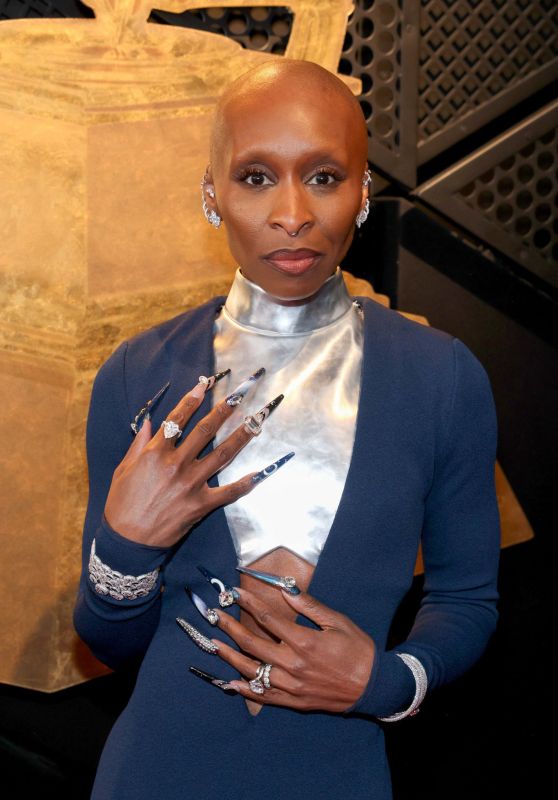



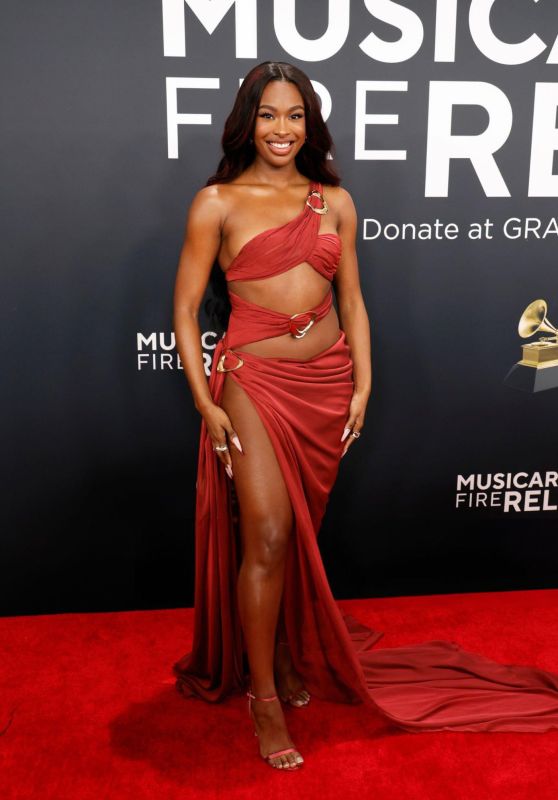


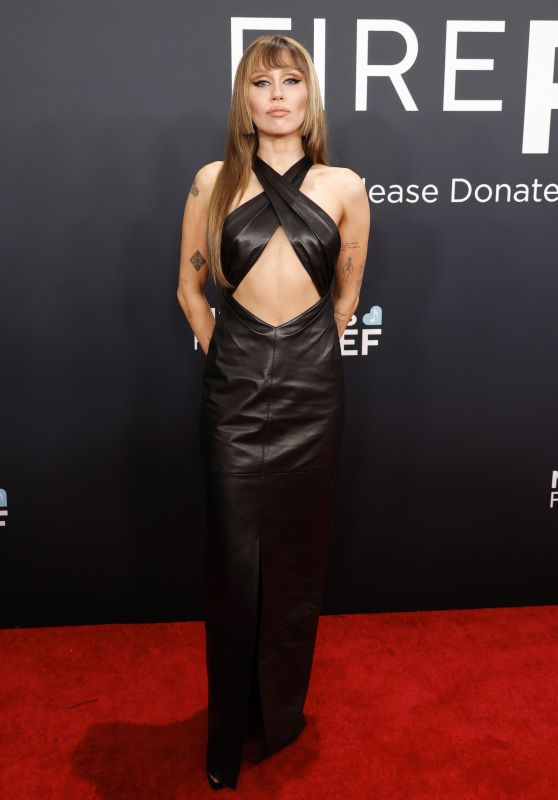
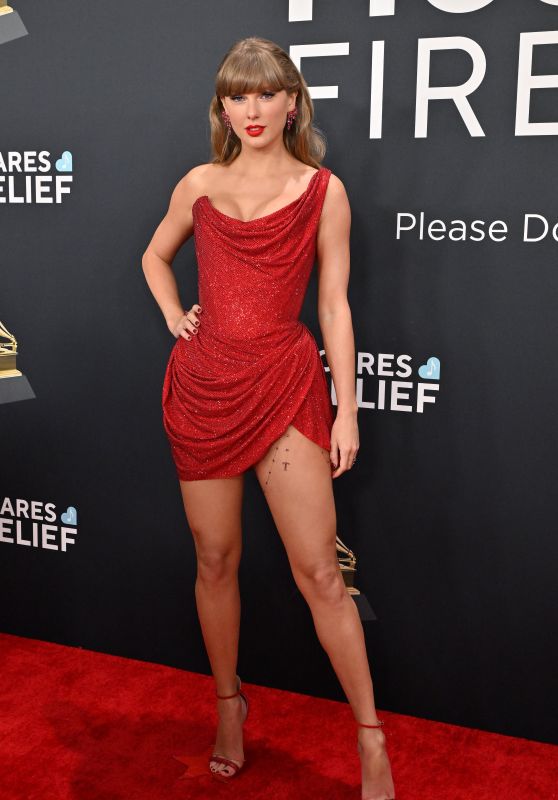
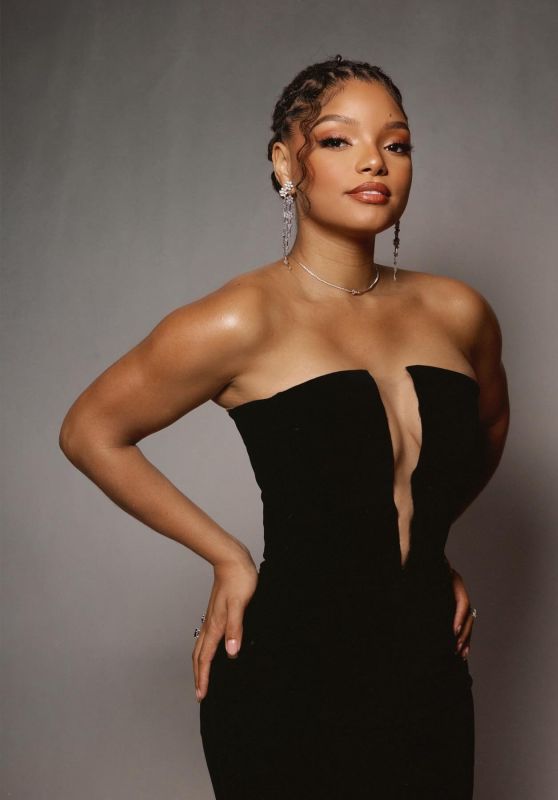


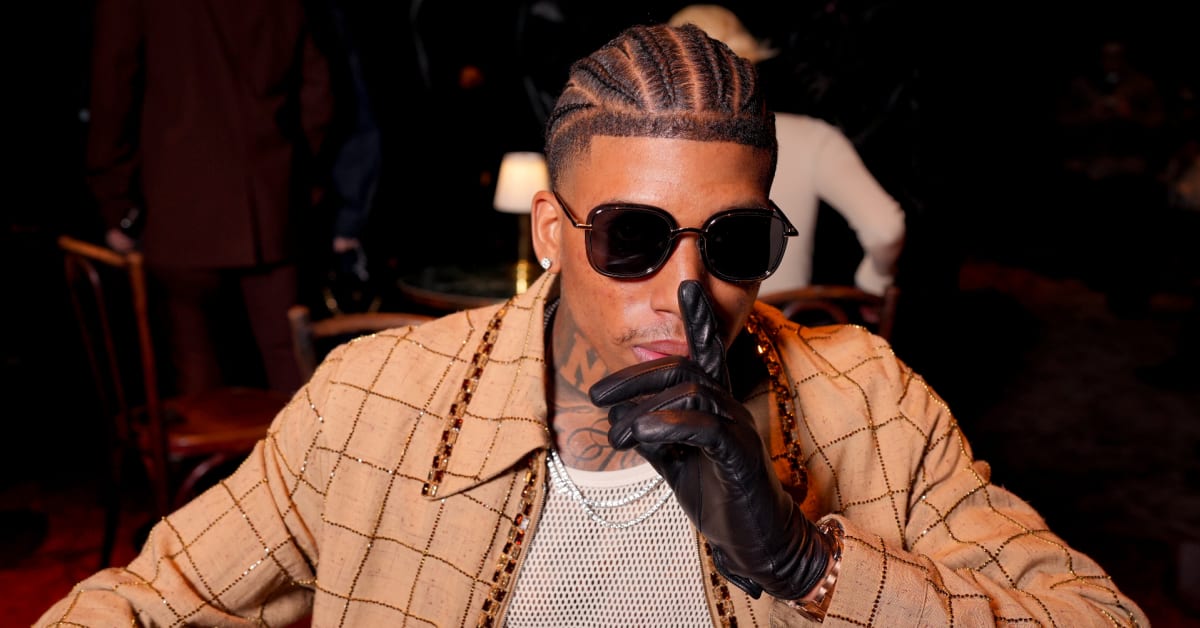





 English (US) ·
English (US) ·